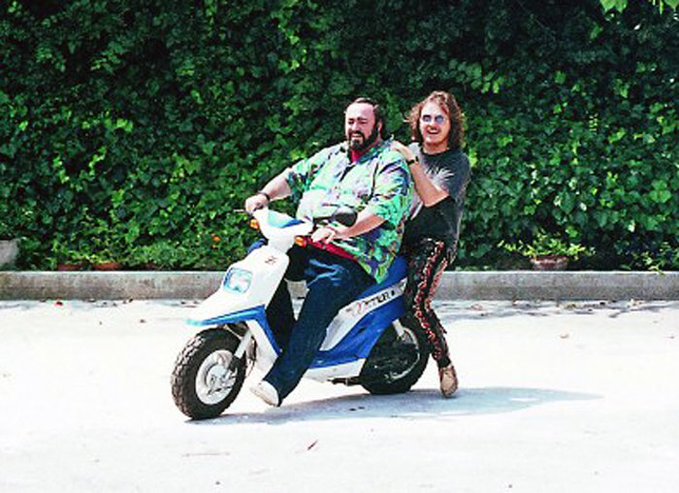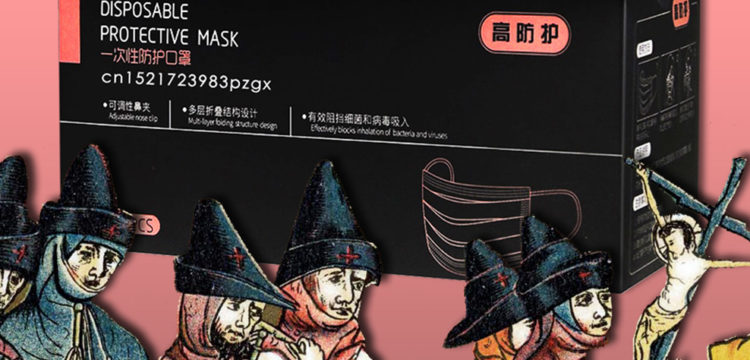Quarantine Bulletin #2
Viral guidelines, readings, diversions to keep staying home, yet again!
The reaction of Arabic pop music to the pandemic.
The Cloud Sailor Diary: life in Shanghai after coronavirus.
Also from China, Ted Chiang on the “disaster novel” we are all living.
Not every pandemic is the black death: a great comparison on Going Medieval.
SPANISH: For an overview on critical thought in times of pandemics, a collection of theoretical reflections with Alain Badiou, Byung-Chul Han, Judith Butler, Franco «Bifo» Berardi and others.
Benjamin Bratton on the future of cities in quarantine.
Timothy Morton thanks Covid19 (alright).
ITALIAN: Sul Tascabile, Post-Oil World, ovvero: che strada prenderà il mercato dell’energia dopo la pandemia e l’attuale crisi dell’industria petrolifera?
“Chinese virus / global market”, the analysis on N+1.
The pandemic is a portal: Arundhati Roy on coronavirus in India.
Growing something out of grief: a reflection by Reem Khorshid.
McKenzie Wark for a “lockdown theory.”
ITALIAN: “La cosa peggiore di mettere al mondo un figlio è consegnare alla vita un morituro”: un breve pezzo di Federico Campagna sulla MORTE.
ITALIAN: Chiacchiere tra amici (no polemiche su Battiato): dal progetto Oceano Indiano nasce Radio India, il palinsesto radiofonico-pandemico concepito dalle compagnie residenti al Teatro India di Roma, ogni giorno dalle 17 alle 20.
Living in dystopia: on New Statesman, Mark O’Connel explains how the world has entered his Ballardian phase.
Speaking of Applied Ballardianism: on The Architect’s Newspaper, a reading list on isolation, household and imposed solitude (indeed, there’s also Simon Sellars).
Artist Jonas Staal on virus propagations and his lawsuit against social media for the collectivization of digital platforms.
“It might take a while before history starts again” ¯\_(ツ)_/¯.
ITALIAN: E per finire, un messaggio di speranza: torneremo a uscire e torneremo felici, come Pavarotti in sella su due ruote.




